|
A four-hour interactive Grow Ontario Food Summit hosted by the Hon. Lisa Thompson Ontario Ministry of Agriculture & Food (OMAFRA) was held on March 27, at Hart House, University of Toronto. OHEA was invited. Diane O’Shea P.H.Ec. and Mary Carver, P.H.Ec. attended virtually on OHEA’s behalf, while Dr. Peggy O’Neil, P.H.Ec. attended in-person representing Brescia University College. A number of speakers made presentations, then intermittently the 260 (or so) attendees were divided into small breakout sessions (virtually and on-site) to add to the discussion. What were Home Economists hoping to achieve by attending the provincial Food Summit? To be heard, OHEA must be visible as a professional body and watchful of opportunities to speak to issues impacting families. The Summit was a rare chance to influence decisions at a government table set with like-minded others who support Ontario food production and food literacy on many levels. As Professional Home Economists, we know the complexity of food. Many OHEA members work in a variety of businesses and organizations connected to the food system. Agriculture is a key component of Ontario's food system. Strengthening the Agri-food supply chain is important to the present government while increasing Agri-food technology and attracting educated and skilled participants. The goals are admirable in establishing a trust in the quality and dependable supply of food and agricultural products produced in Ontario. Food Systems Literacy is a critical part of the process. While the "business" of agriculture was forefront in the speaker presentations, breakout groups offered other conversations and further considerations that must be accounted for in government actions. Diane, Mary and Peggy were all able to discuss the need for improved food literacy at all levels. Home Economists spoke up! A take-away from the event: We encourage OHEA members to respond to OMAFRA's Red Tape Reduction Plan — please see here. After the event, a follow-up letter was sent to the Hon. Lisa Thompson as our appreciation to be included in the summit.
0 Comments
Uncovering the roots of farming sustainability By: Elisa Fitzpatrick, OHEA Student Member Did you know that less than one in five Canadians lives in rural communities?
The connection between us and where our food comes from is stretching further and further apart. With more people as city dwellers than rural land owners, a vast majority of people are no longer connected with our agricultural practices and the importance of sustainability in the agriculture sector. Environmental sustainability of the food chain is frequently examined, but often, agricultural sustainability is left out of the discussion. What most consumers do not consider, are the tasks that farmers undertake to ensure that their practices remain sustainable. Today my hope is that I can educate you on some ways that farmers establish sustainable practices, minimize their environmental impact, and continue to ensure that their farm land and resources will be bountiful for the future. By: Lela Hopper, OHEA Student Member Individuals need the best of both worlds when purchasing local foods, here's why. During a previous summer, my family signed up for a community supported agriculture (CSA) box. The summer consisted of picking up a small box of food once a week at a local meeting spot. The contents of the box came from a 100 km radius from our house.
We didn’t know what we were getting each week, and it was interesting to talk to the farmer and learn how to cook and store these new foods. The box contained seasonal vegetables, fresh herbs that we could plant, and a variety of canned products like pickles and beets. By: Bryn Brouwers, OHEA Student Member Critical conversations are needed around agriculture and food systems By: Mary Carver, P.H.Ec. ‘For 10 Days Agriculture Comes to the City.’ What an appropriate annual tag-line used by The Royal Agricultural Winter Fair (RAWF).
Since 1922, Agriculture has brought international attention to Toronto in November, as farmers, producers, commodity groups, and homesteaders arrive, to exhibit their very best agricultural products and livestock. Competition is steep, but food education is a primary focus at RAWF. Many features meld seamlessly into Ontario Ministry of Education curriculum. This year, Royal planners invited Professional Home Economists, Registered Dietitians, Food Educators, Researchers, Farmers, Authors and Consumers to discuss food perspectives on Nov. 7th. The invigorating event was promoted as The Royal Food & Nutrition Forum and held on-site. By: Wendi Hiebert, P.H.Ec. Another great speaker has just been added to the agenda for the Food and Nutrition Forum at The Royal! Just one of many reasons why you should register for this event.
Pat Crocker has released a timely cookbook - Healing Cannabis Edibles: Exploring the Synergy of Power Herbs. She will present and answer questions about cooking and healing with cannabis. Her cookbook will be available for sale. This pertinent presentation is one more good reason to sign up for the Food and Nutrition Forum on Nov. 7th. Read below for seven more reasons for why you should attend the Forum at The Royal. You are invited to the annual Food and Nutrition Forum held at the 2018 Royal Agricultural Winter Fair at Exhibition Place in Toronto.
By: Andrea Gaudet of the Half-Assed Hobbyist Originally posted on September 19, 2016 on the Half-Assed Hobbyist. This whole gardening year I have had high hopes that I would have enough tomatoes to make this savoury tomato jam. With the devastating falling over of my giant tomato plants, I thought for sure I would be waiting till next year to achieve this dream. But. My plants had other ideas.
I managed to collect enough for two batches of a savoury tomato jam that was an office favourite at the test kitchen I worked for back in AB. Essentially its the most fancy ketchup analog you'll ever eat. I love it on toast, warmed up on sandwiches, or even by the spoonful. Haha. ;) By: Erin MacGregor, RD., P.H.Ec. of Howtoeat Here at How to Eat, 2018 has been a fruitful year of hands-on learning about where our food comes from. Over the past several months, Dara and I have had opportunities to meet farmers, plant scientists and agriculture experts in a number of different settings, and we’ve learned a lot about what is and isn’t true when it comes to our food system. Last month, the folks at Farm and Food Care Saskatchewan invited us out to Saskatoon where we hobnobbed with real-life Canadian farmers and producers who hosted us in touring their farms and production facilities and fielded some of the most common questions we hear from our friends, family and followers. 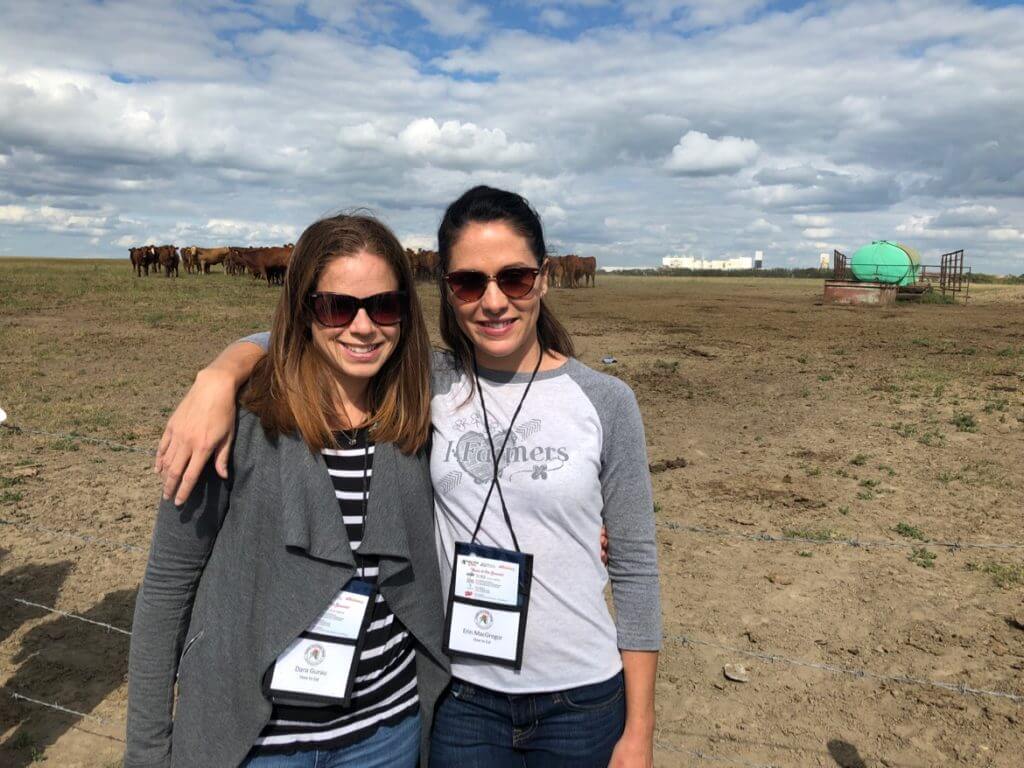 Farm and Food Care’s mission is to provide credible information on food and farming to non-farmers. They are supported by most of the major agricultural groups in Saskatchewan, along with food processors, agri-business, government and individuals who support their vision of connecting consumers to food and farming. |
The Ontario Home Economics Association, a self-regulating body of professional Home Economists, promotes high professional standards among its members so that they may assist families and individuals to achieve and maintain a desirable quality of life. Categories
All
Archives
April 2024
|
|
Subscribe to our mailing list
|
|
Unsubscribe from our mailing list
|
Copyright © 2023 Ontario Home Economics Association (OHEA). All Rights Reserved.

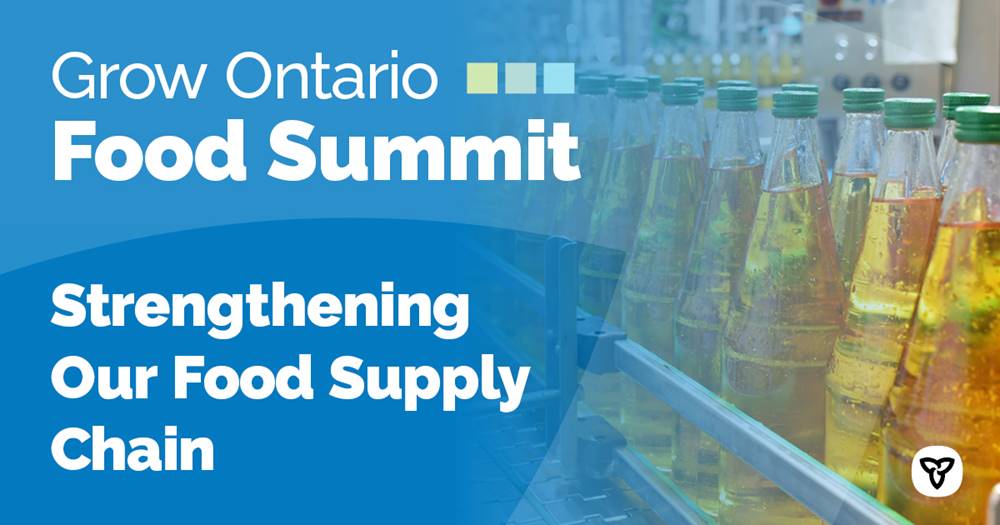
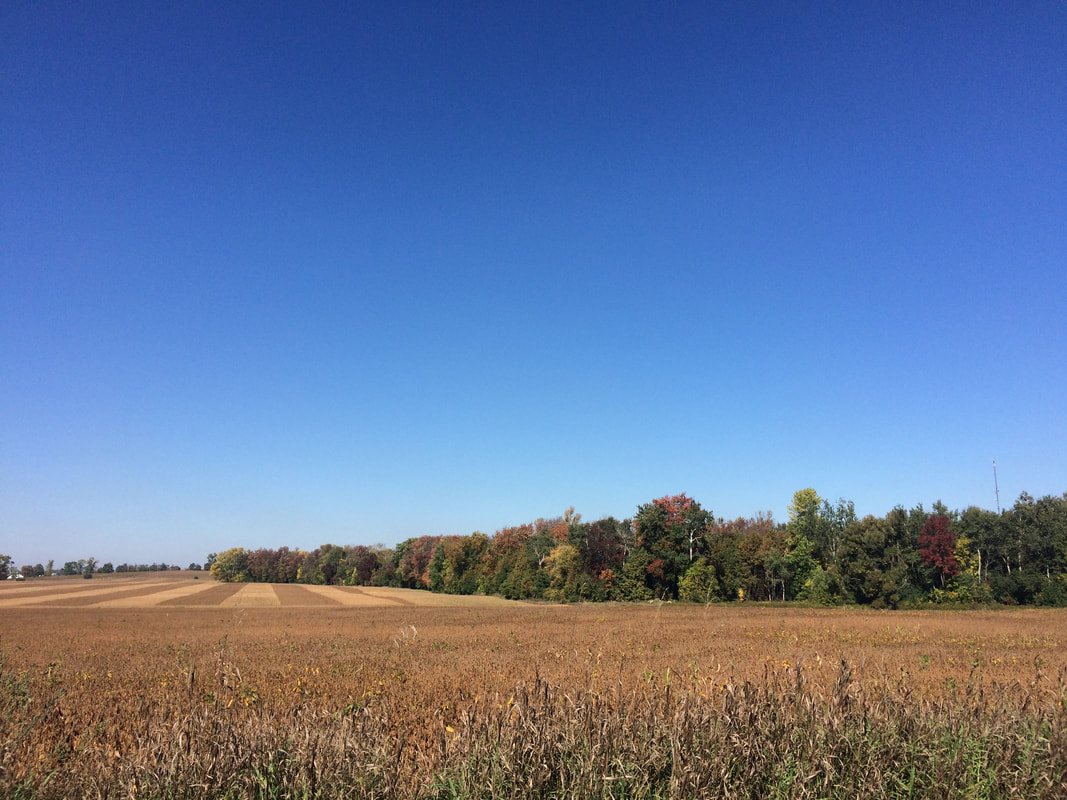
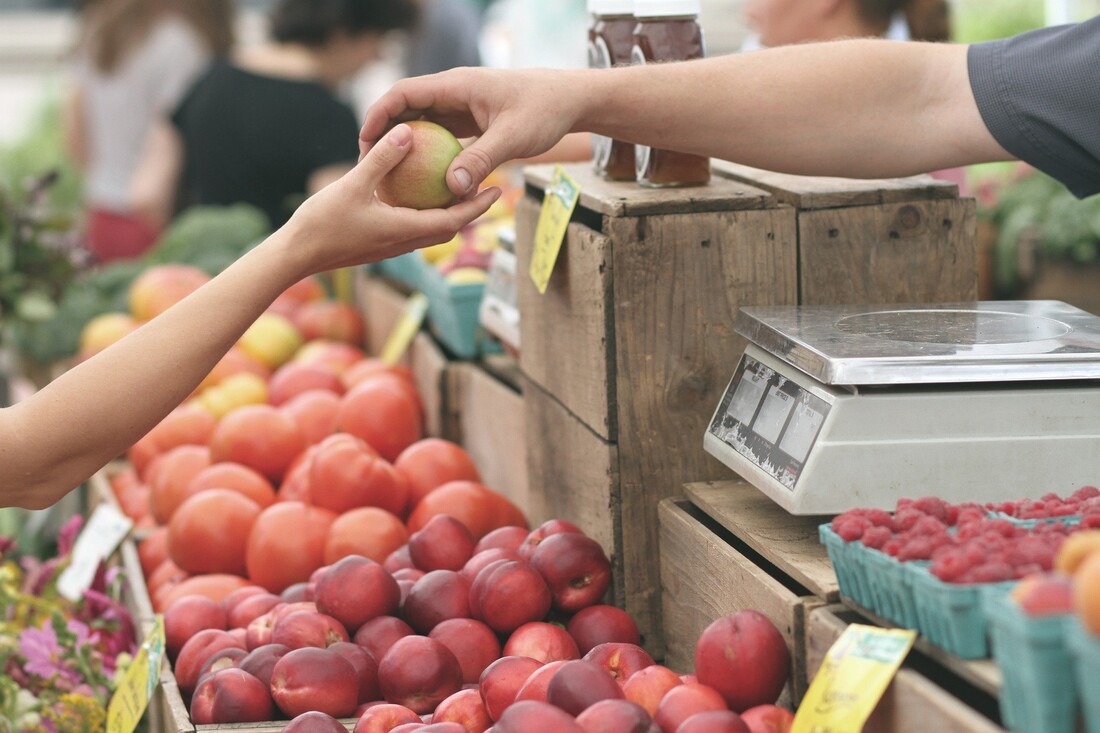
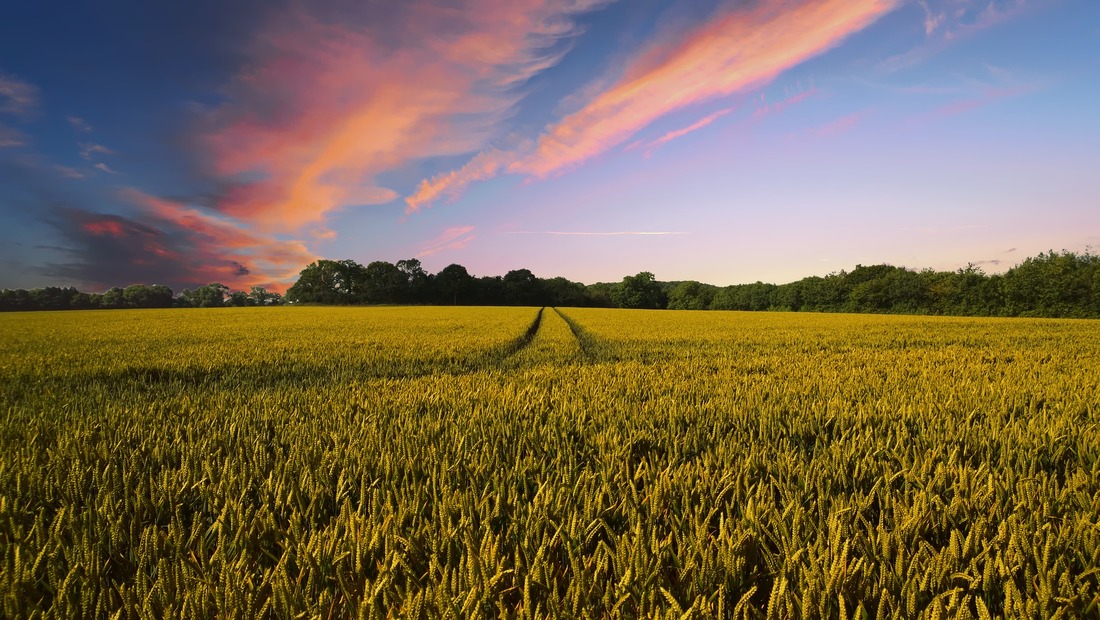
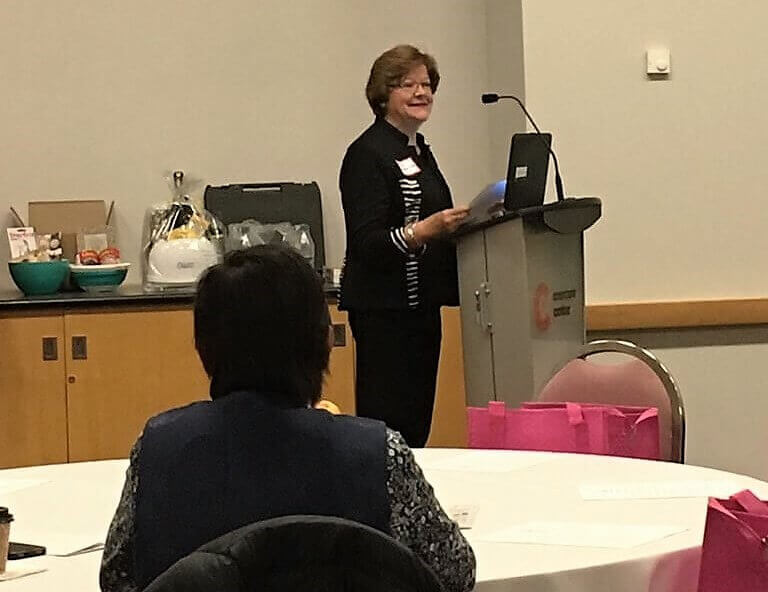
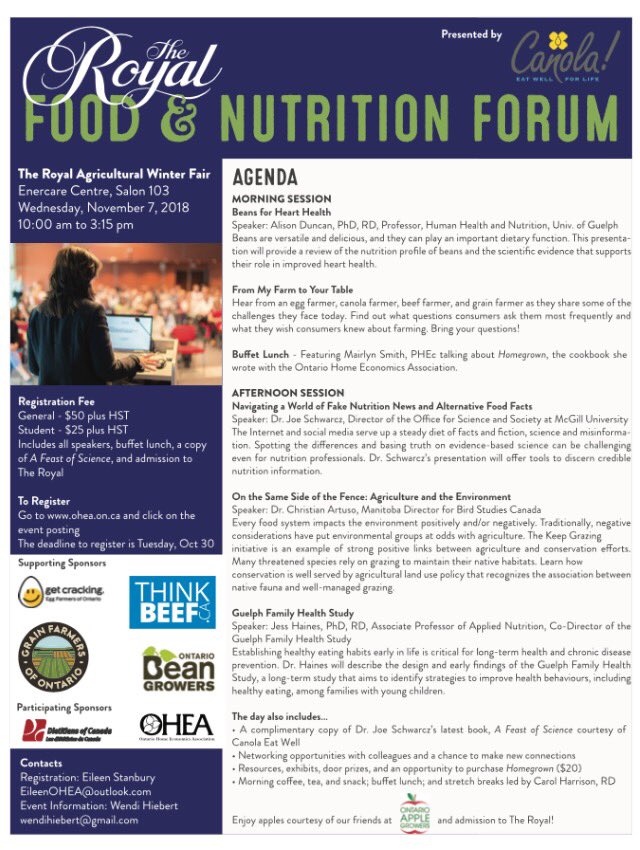
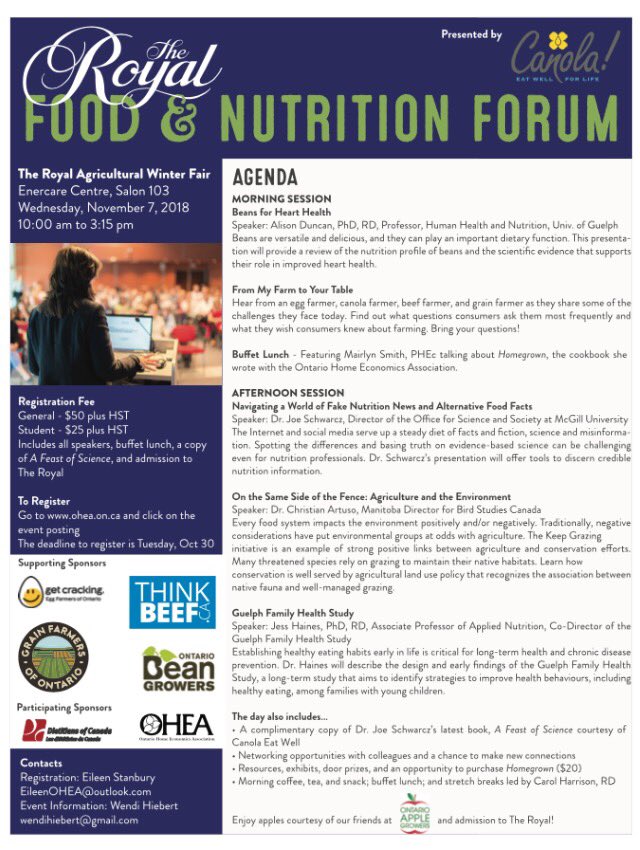
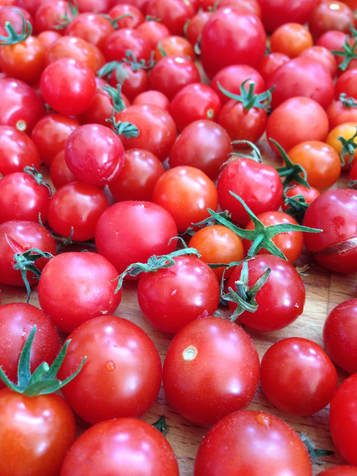
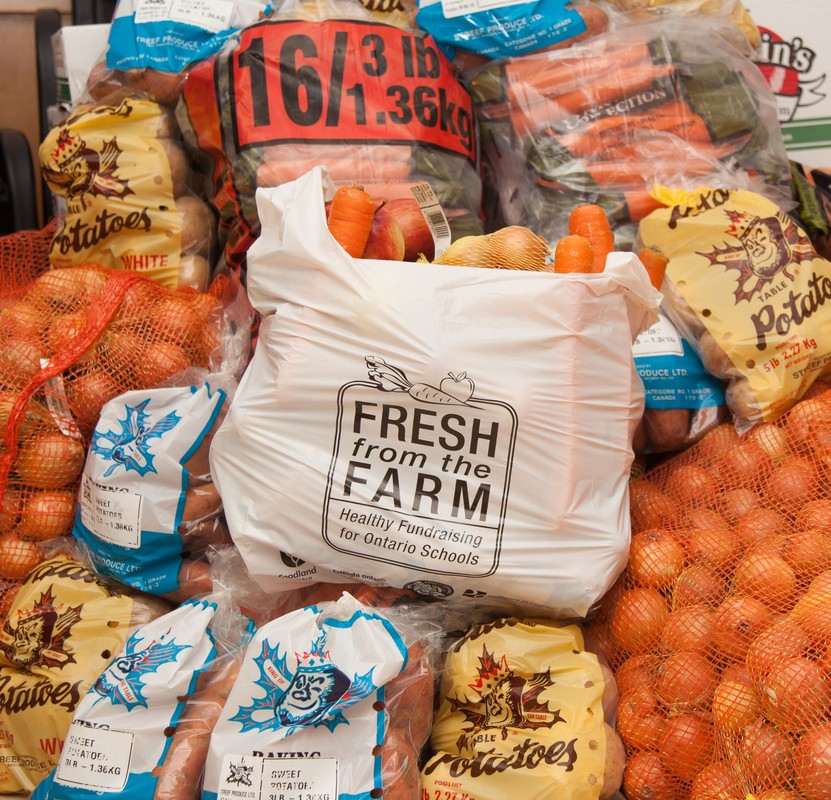

 RSS Feed
RSS Feed